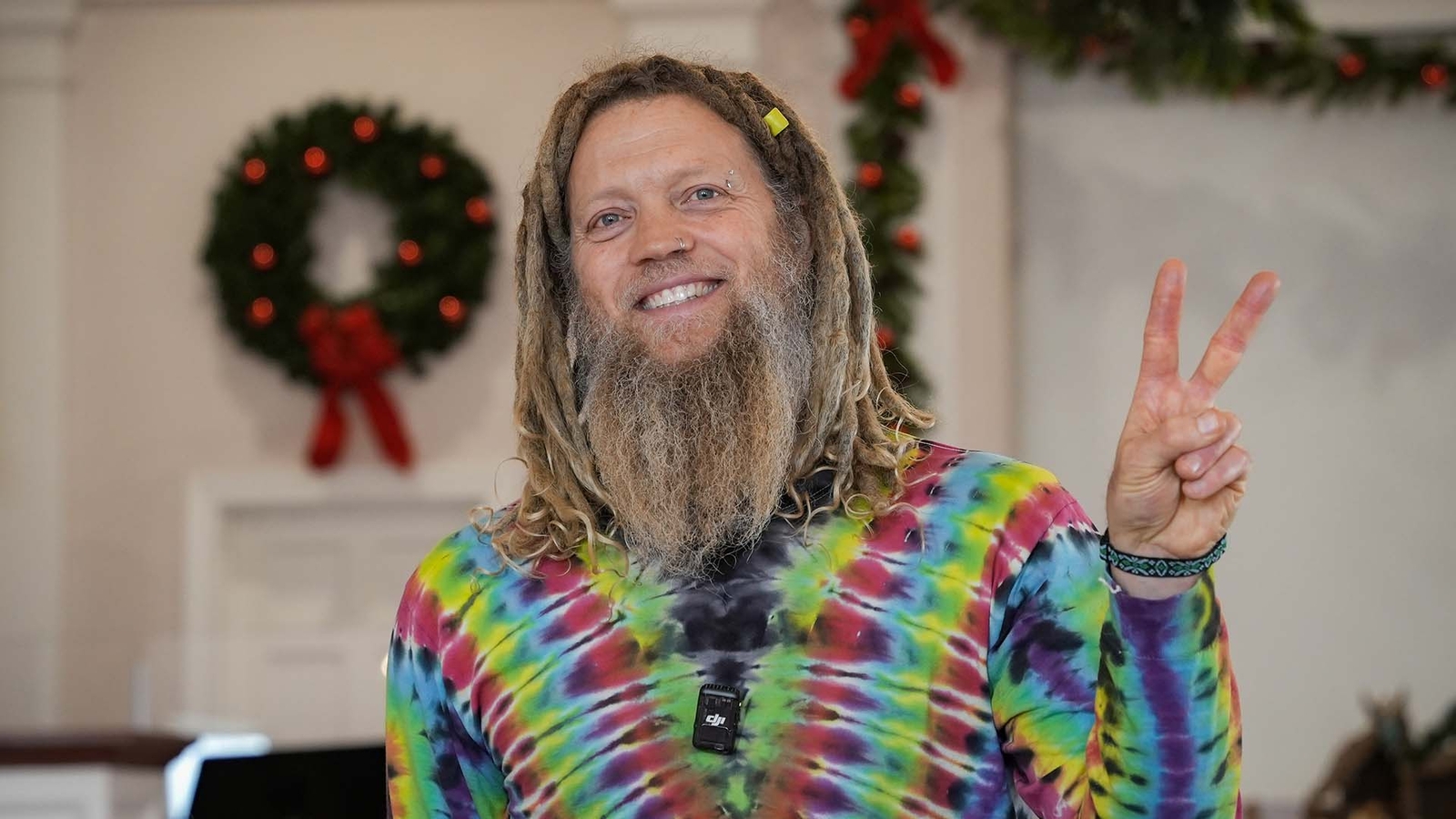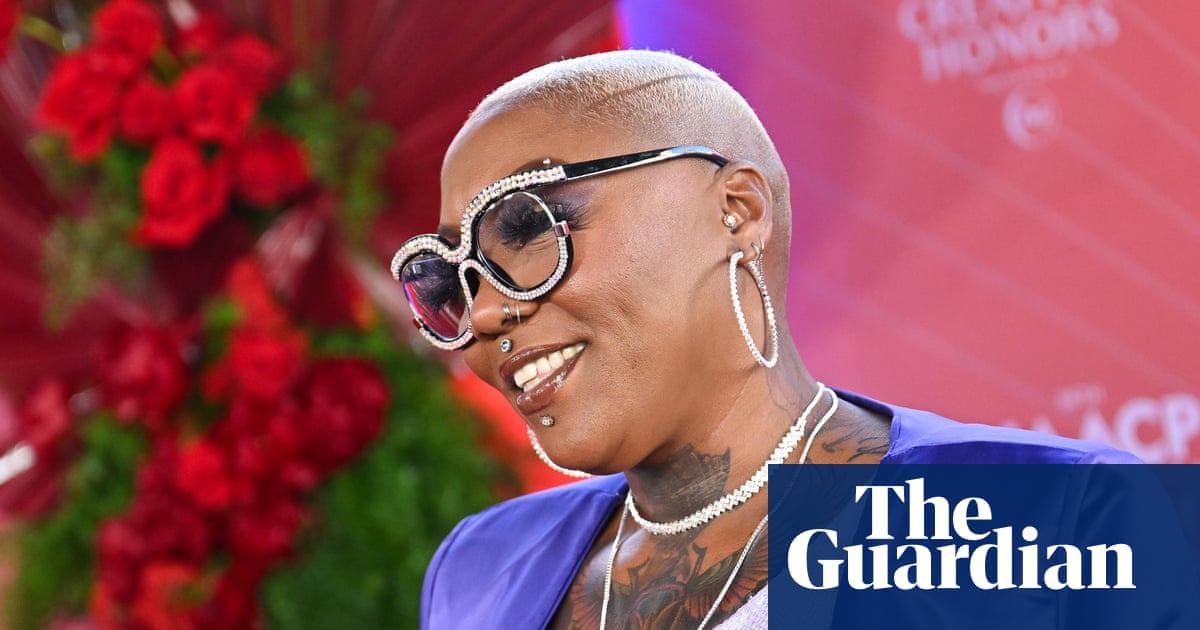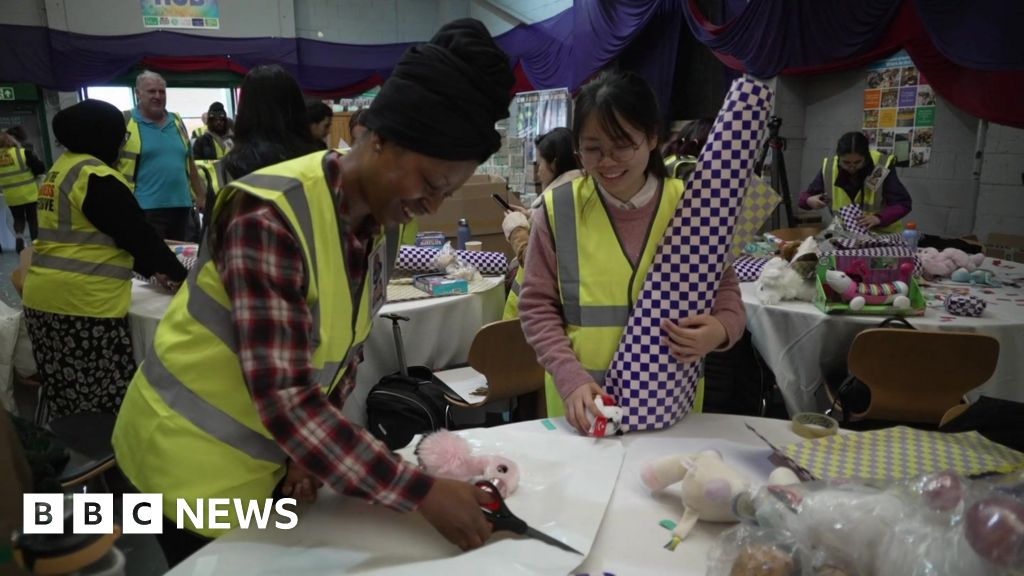Non-profit organizations
fromSan Jose Spotlight
20 hours agoSilicon Valley homeless prevention program goes national - San Jose Spotlight
Destination: Home expands its successful Santa Clara County homelessness prevention program nationally through partnerships with 10 organizations, aiming to help over 10,000 families avoid eviction using rental assistance and case management.



















